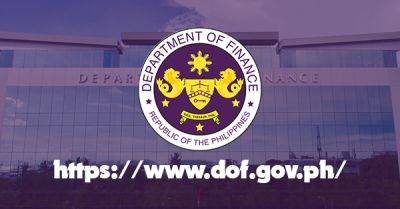Build a cyber-attack ready ecosystem
There needs to be a deep commitment to work with these globally trusted cloud technology companies
Did you know that cyber-attacks have a huge impact on the economy of the Philippines?
According to a study commissioned by leading American multi-national technology company, Microsoft, and conducted by Frost & Sullivan, the potential economic loss due to cyber-security incidents in the Philippines could reach an astounding US$3.5 billion.
To put that into perspective, it’s about one percent of the country’s total GDP, which was $404 billion in 2022, according to World Bank official data.
Translating that in Philippine pesos, that’s a P196 billion business for cyber criminals.
Cyber-attacks in the Philippines have been quite significant and have evolved over time.
For instance, ransomware attacks, which are not necessarily a new form of cyber-attack, have seen their strategies evolve and continue to seep through the cracks of outdated cybersecurity systems.
Malware has become a major concern.
According to a report by American technology firm Cisco, they affected 81 percent of small and medium businesses in the Philippines.
In 2022, Statista data reported about 15.37 thousand mobile malware attacks detected in the Philippines.
Phishing is also a common cyber-attack strategy in the Philippines.
Deceiving malicious messages are sent through email or messaging platforms to fool a victim to reveal sensitive personal information.
Over the years, this strategy has been so effective in gaining access to an entire corporate network.
In the news lately is the ransomware attack on Philhealth which is a type of malware that locks a victim’s data or device, threatening to keep it locked or worse, publish the sensitive data on the internet for hackers to feast on unless the victim pays a ransom to the attacker.
A recent Senate investigation pointed out the Office of the Ombudsman, the National Bureau of Investigation, the Philippine National Police, and the COMELEC database were also breached by hackers.
The main Philippine government portal “gov.ph” was embarrassingly hacked in 2021.
Statista data (September 2023) showed that Ransomware was the most frequently detected







